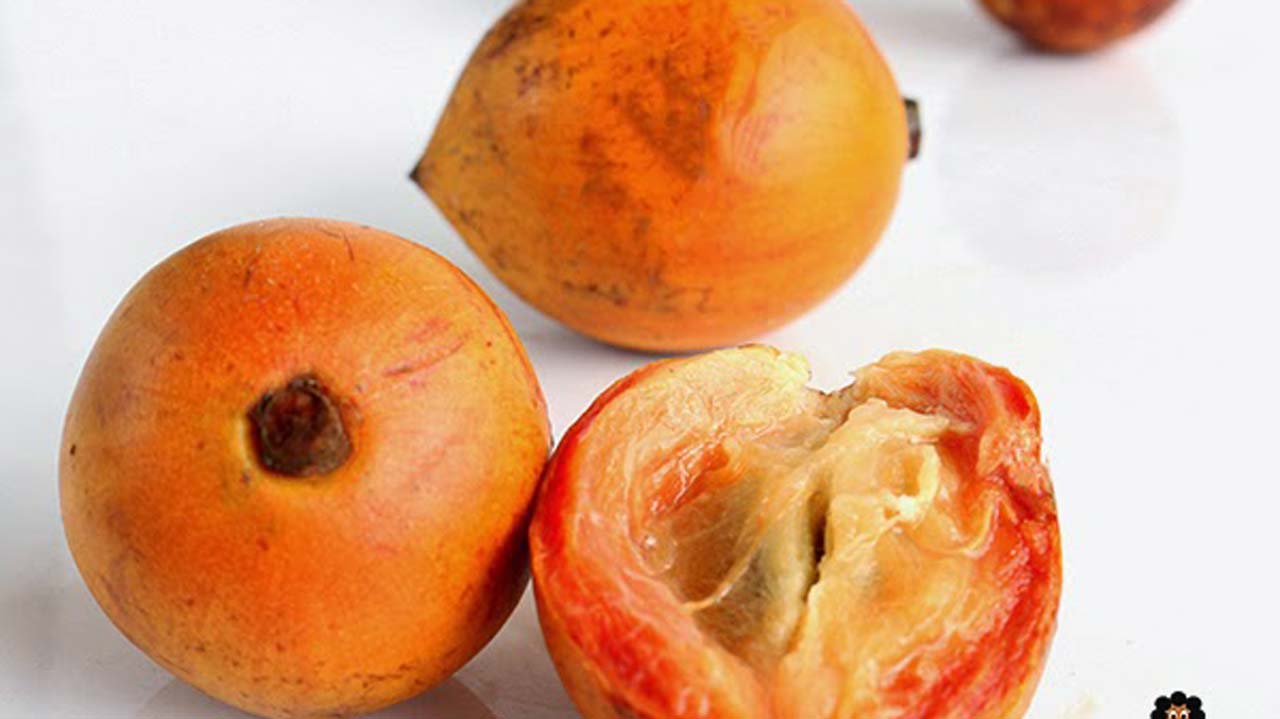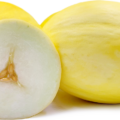Agbalumo is a close relative of the African star apple (Chrysophyllum africanum) which is common throughout West Africa. It is called Udara by the Igbos of the eastern and southern parts of Nigeria, and the Hausas in the northern part of the country call it Agwaluma. The English name for agbalumo is African star apple.
Health Benefits of Agbalumo
Lowers Blood sugar
When a person has diabetes, either their body does not produce enough insulin, or it cannot use the insulin correctly, so glucose accumulates in the blood. High levels of blood glucose can cause a range of symptoms, from exhaustion to heart disease. One way to control blood sugar is to eat a healthful diet. The glycemic index (GI) measures the effects of specific foods on blood sugar levels. People looking to control their levels should pick foods with low or medium GI scores. Agbalumo may have particular benefits for diabetics. Research indicates that the leaves of this fruit may reduce glucose levels in diabetic rabbits, the same function that insulin serves. However, consuming star apple leaves appears to have a toxic effect when eaten in large quantities. More research is needed to determine the effectiveness of star apple leaves to control diabetes in humans.
Lowers Cholesterol and Improves Heart Health
Cholesterol is fat used by the body that is produced by the body and that also comes from animal-based foods. Important numbers to know are total cholesterol, HDL or good cholesterol, LDL or bad cholesterol, and triglycerides. LDL can build up on the walls of your arteries and make them narrower. The fatty deposits form plaque that lines your arteries and may cause blockages. This build-up is called atherosclerosis.
A study published in the journal of Biomedical and life sciences reported that the levels of total cholesterol, triglyceride, low-density lipoprotein-cholesterol, African star apple (Chrysophylum albidum) or agbalumo positively changed plasma antioxidant enzyme activities and lipid profiles in cholesterol-fed rats thereby supporting the local use of agbalumo in the management of atherosclerosis and hypertensive conditions.
Rich in Antioxidants
Antioxidants are compounds that prevent oxidation. Oxidation is a chemical reaction that can produce free radicals, which leads to chain reactions that may damage the cells of the body. Agbalumo is rich in antioxidants such as ascorbic acid(vitamin c) which can terminate these chain reactions. One of the vital roles of ascorbic acid (vitamin C) is to act as an antioxidant to protect cellular components from free radical damage. Ascorbic acid has been shown to scavenge free radicals directly in the aqueous phases of cells and the circulatory system. “This vitamin helps in preventing sour throat, constipation, and toothache.
Promote Skin Health
Agbalumo is a good fruit as far as your skin is concerned. Its vitamin C is “a potent antioxidant that can neutralize free radicals because of its antioxidant properties, vitamin C aids in your skin’s natural regeneration process, which helps your body repair damaged skin cells. In some parts of Nigeria, the seed of agbalumo is used in treating skin infections and it is believed that consuming it can help fight some cancers.
Weight Loss
Research has linked people’s intake of high-calorie-density foods to weight gain and obesity. Those who eat more low-calorie-density foods tend to eat fewer calories and have lower body weight. A low-calorie-dense diet may aid weight loss. Agbalumo could help you lose weight as one serving of Agbalumo contains just 67 calories; this makes it an excellent choice for people trying to lose weight as they get fewer calories in the process of consuming it. People who are overweight or obese (BMI 30 or more) are more likely to have heart disease, strokes, diabetes, cancer, and depression. Dieters who were told to get at least 30 grams of fiber a day, but given no other dietary parameters, lost a significant amount of weight, found a recent study in the Annals of Internal Medicine.
Promote Colon Health
Apart from weight loss, this fruit can also promote colon health, agbalumo fruit contributes about three grams of fiber to the recommended daily intake of 25 to 38 grams. Eating a high-fiber diet is linked with a reduced risk of colorectal cancer, according to new research that analyzed 25 different studies. Total fiber intake was most strongly linked with a reduction in colorectal cancer risk, the researchers say.
Vitamins and Minerals
Agbalumo serves as a good source of calcium, with each serving providing one with 10 percent of the amount one requires each day. The calcium lends strength to the bones and teeth, and it may also lessen symptoms of premenstrual syndromes, such as cramping and abdominal bloating. This fruit also contains 5 percent of the daily recommended value per serving of vitamin C and vitamin A. Additionally, one serving of agbalumo serves up 2 percent of the iron, a mineral vital for oxygenating the body, that one needs every day.
Side Effects of Agbalumo
Despite several medicinal and health benefits, new studies have shown that the ethanolic root bark extract of agbalumo may damage fertility in men. The result showed that ethanol extract of the root bark of C. albidum suppresses the hormonal levels and sperm production in rats, according to the study. The researchers conclude that the study demonstrated that the root bark of ethanolic extract of C. albidum produces a pronounced inhibition of serum testosterone and gonadrophins concentration.
Eating too much African star apple can cause stomach chills. There are limited studies on the safety of agbalumo in pregnancy. Nevertheless, those with a known allergy to this fruit must avoid consuming it to avoid digestive problems, hives, or swollen airways. Severe reactions can be life-threatening.






